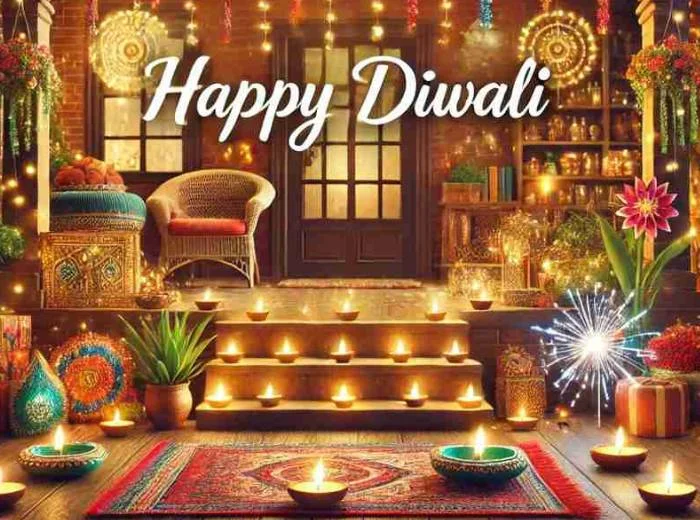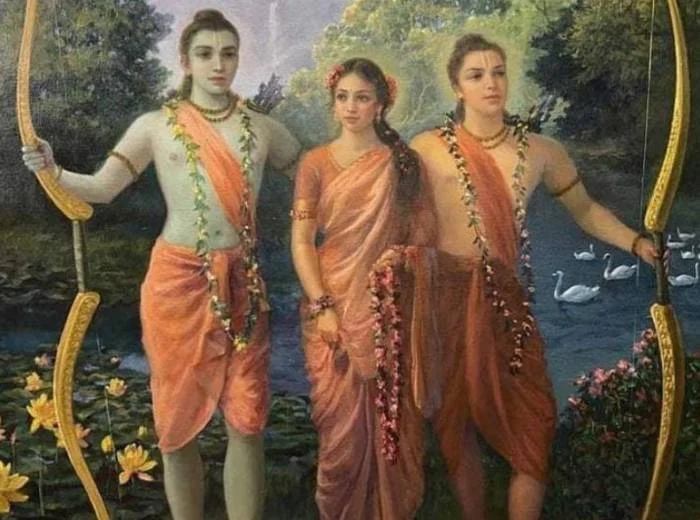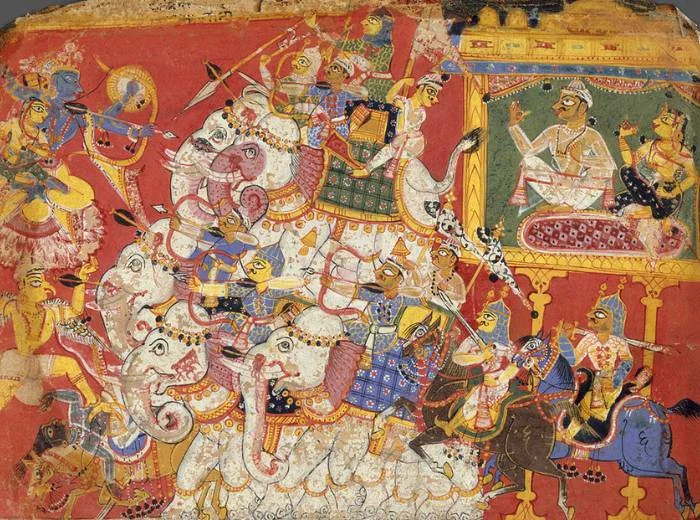Why is Diwali Celebrated? Legends and Traditions Explained
“The Triumph of Light Over Darkness: Legends and Traditions of Diwali”
by Collectors Abode | Updated May 1, 2025

Have you ever wondered why Diwali is celebrated? Imagine a night filled with twinkling lights, colorful decorations, and joyous celebrations. Diwali, the Festival of Lights, is all about bringing light into the darkness, celebrating new beginnings, and the victory of good over evil.
What is Diwali?
Diwali, also known as Deepavali, is a famous Indian festival celebrated by millions of people worldwide. “Deepavali” comes from Sanskrit and means “a row of lights.” This vibrant festival falls between mid-October and mid-November, during the Hindu lunisolar month of Kartika.
Diwali is a five-day celebration where people illuminate their homes with diyas (oil lamps) and rangoli, offer pooja (worship), exchange gifts and sweets, and enjoy family feasts.
Ancient Traditions and Origins of Diwali
Did you know Diwali was originally celebrated as a harvest festival in ancient India? It marked the end of the autumn cropping season. Over time, several fascinating stories and legends about Diwali have emerged from different parts of India, each adding to the festival’s rich history and significance.
The Story of Rama and Sita

One of the most popular legends behind Diwali is the story of Rama and Sita. According to Hindu mythology, Diwali commemorates the return of Rama, a major deity, from a 14-year-long exile after defeating the demon king Ravana.
The people of Ayodhya, Rama’s kingdom, celebrated his return by lighting up their homes and streets with earthen diyas, bursting firecrackers, and dancing joyfully. It emphasizes the victory of good over demons, a core theme of Diwali.
Celebrating Lakshmi: The Goddess of Wealth
Another fascinating story is the celebration of Goddess Lakshmi, the Hindu goddess of prosperity and wealth. Some people believe Diwali marks the day of Lakshmi’s marriage to Lord Vishnu, while others celebrate it as her birthday. Homes are cleaned and decorated to welcome Lakshmi, hoping for a prosperous year.
Worshipping Kali and Ganesha
In some regions of India, Diwali is dedicated to worshiping Goddess Kali, who is known for her strength and power. In other areas, Lord Ganesha, the god of wisdom and auspiciousness, is worshipped. These variations highlight the diverse cultural significance of Diwali across India.
The Jain Connection: Mahavira’s Nirvana
Diwali marks a significant spiritual event for the Jain community: attaining nirvana (eternal bliss) by Lord Mahavira, the last Tirthankara. This festival commemorates Mahavira’s contributions to humanity and his attainment of moksha (salvation) in Pavapuri, Bihar.
On this day, Jains celebrate with prayers and rituals, reflecting on Mahavira’s teachings and their profound spiritual significance. The festival is observed by lighting lamps and offering sweets to honor Mahavira’s enlightenment and his soul’s liberation.
Diwali and Krishna’s Victory Over Naraksura
In Northern India, another popular story is about Lord Krishna defeating the demon Narakasura, freeing thousands of captives, and restoring peace. This victory is celebrated as Diwali, symbolizing light over darkness and hope over despair.
Modern Celebrations and Activities

Diwali is a time for family and togetherness. People exchange Diwali gifts, such as sweets, chocolates, jewelry, and decorative items. Homes are decorated with colorful lights, diyas, and rangoli patterns. Families gather to enjoy delicious meals, share stories, and strengthen their bonds.
Spreading the Light on Diwali
Diwali is the festival that brings people together, celebrates the triumph of light over darkness, and ushers in new beginnings. As you light your diyas this Diwali, remember this beautiful festival’s rich history and significance.
Happy Diwali to everyone!
Diwali Treasures: Timeless Gifts That Shine with Culture, Art & Tradition
Fascinating Stories of Diwali: The Festival of Lights
